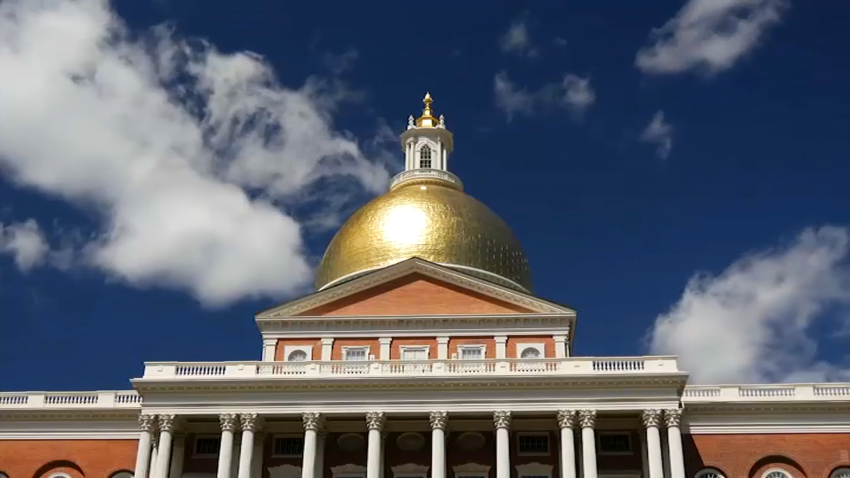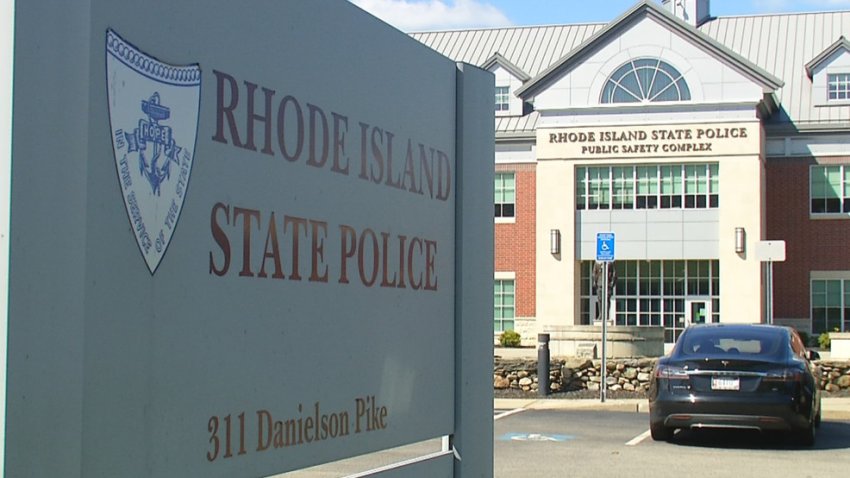

The Latest
-

When could consumers see price hikes from sweeping tariffs going into effect?
Sweeping tariffs took effect overnight, setting the stage for another high stakes day on Wall Street as global markets react to the reshuffling of international trade. So when could prices for consumers rise? A lot is still up in the air, but financial experts expect that we’ll see the prices of products like fruits and vegetables go up in...... -

Day 7 of jury selection in Karen Read retrial: Watch live
Jury selection presses on for a seventh day on Wednesday in Karen Read’s second murder trial, with at least four more jurors needed before opening statements can begin. There have been 12 jurors so far selected — three were seated on Tuesday, and one was dropped, bringing the total to a dozen. Judge Beverly Cannone wants at least 16 before... -

How are parts of New England still in a drought despite days of rain this month?
It’s been raining. It’s been cloudy. It’s been dreary. So, understandably, the question pops up, “How in the world are we still in a drought?”
-

Massive house fire overnight in Spencer
A significant house fire broke out overnight in Spencer, Massachusetts.
-

Sunny — but cold — Wednesday on tap as we track more rain for the weekend
Finally! A sunny day. It’s a little (OK, maybe a lot) on the cold side with wind chills in the teens, but bright days are hard to come by in this pattern.
-

Lawrence mourns death of restaurant owner in Dominican nightclub collapse
Fray Luis Rosario, owner of Terra Luna Cafe in Lawrence, Massachusetts, was among those killed in the collapse of Jet Set in the Dominican Republic
-

Dog survives machete attack on its head, gets renamed Danny Trejo
Jeremy Collazo is being held without bail on an animal cruelty charge after allegedly hitting a dog in the head with a machete in Lowell, Massachusetts
-

Public weighs in at hearing for Mass. budget plan
Massachusetts lawmakers are working on the budget for fiscal year 2026
-

Pod of dolphins visits Gloucester Harbor
Four to six Atlantic white-sided dolphins were spotted near the shore in Gloucester, Massachusetts
-

Tank emits liquid oxygen after falling onto I-290 in Auburn
Fire officials in Auburn, Massachusetts, initially requested a Tier 1 hazmat response
-

Joe Mazzulla reacts to Nuggets' shocking Michael Malone firing
Celtics head coach Joe Mazzulla shared his reaction to the Nuggets’ stunning firing of their longtime head coach Michael Malone on Tuesday.
-

Celtics-Knicks recap: Porzingis, Tatum propel C's to thrilling OT win
Kristaps Porzingis and Jayson Tatum stepped up in the clutch to help the Celtics complete the season sweep against the Knicks with an overtime victory.
-

Patriots should consider these WRs on Day 2 of 2025 NFL Draft
The Patriots need more high-end talent at WR, and Day 2 of the 2025 NFL Draft might be the best place to find it.
-

Trader Joe's coming to West Roxbury
The grocery chain will open a new location at the former site of Walgreens on Centre Street; it will be the fourth Trader Joe’s in Boston









